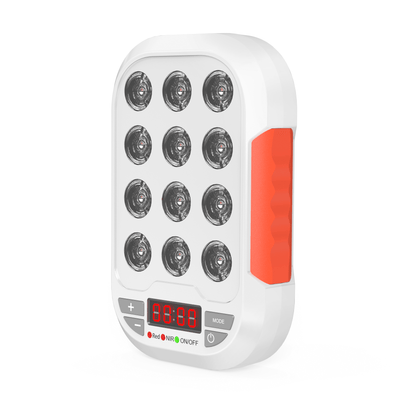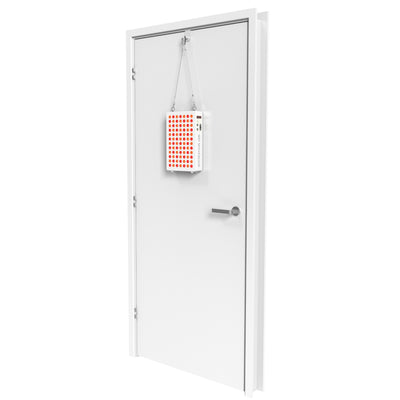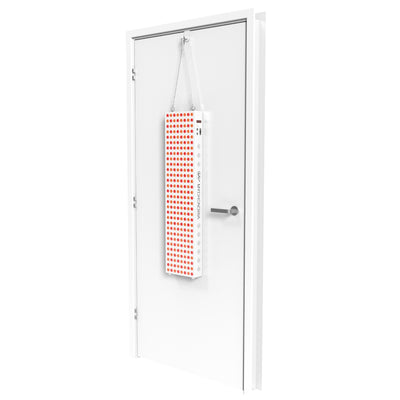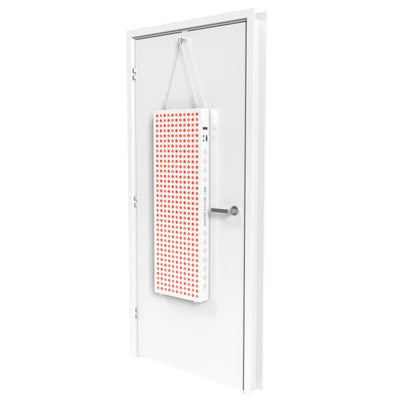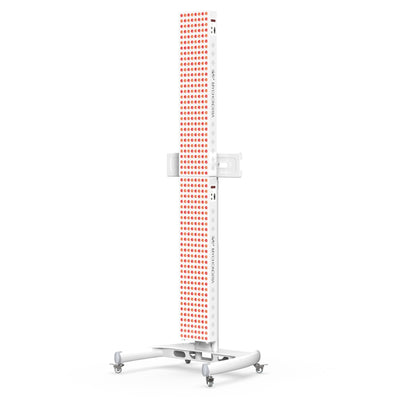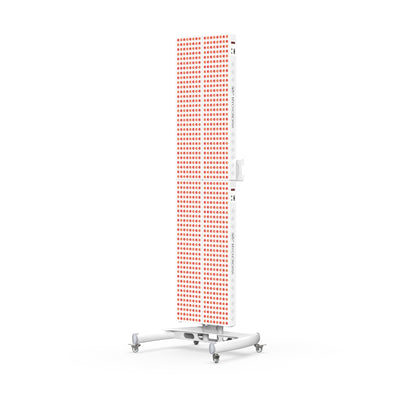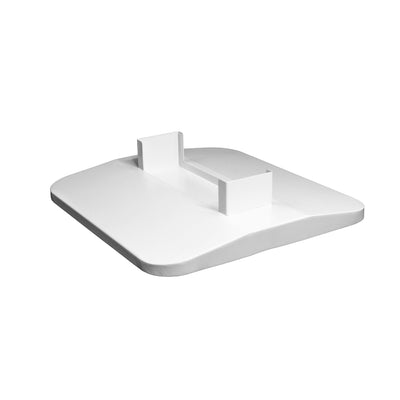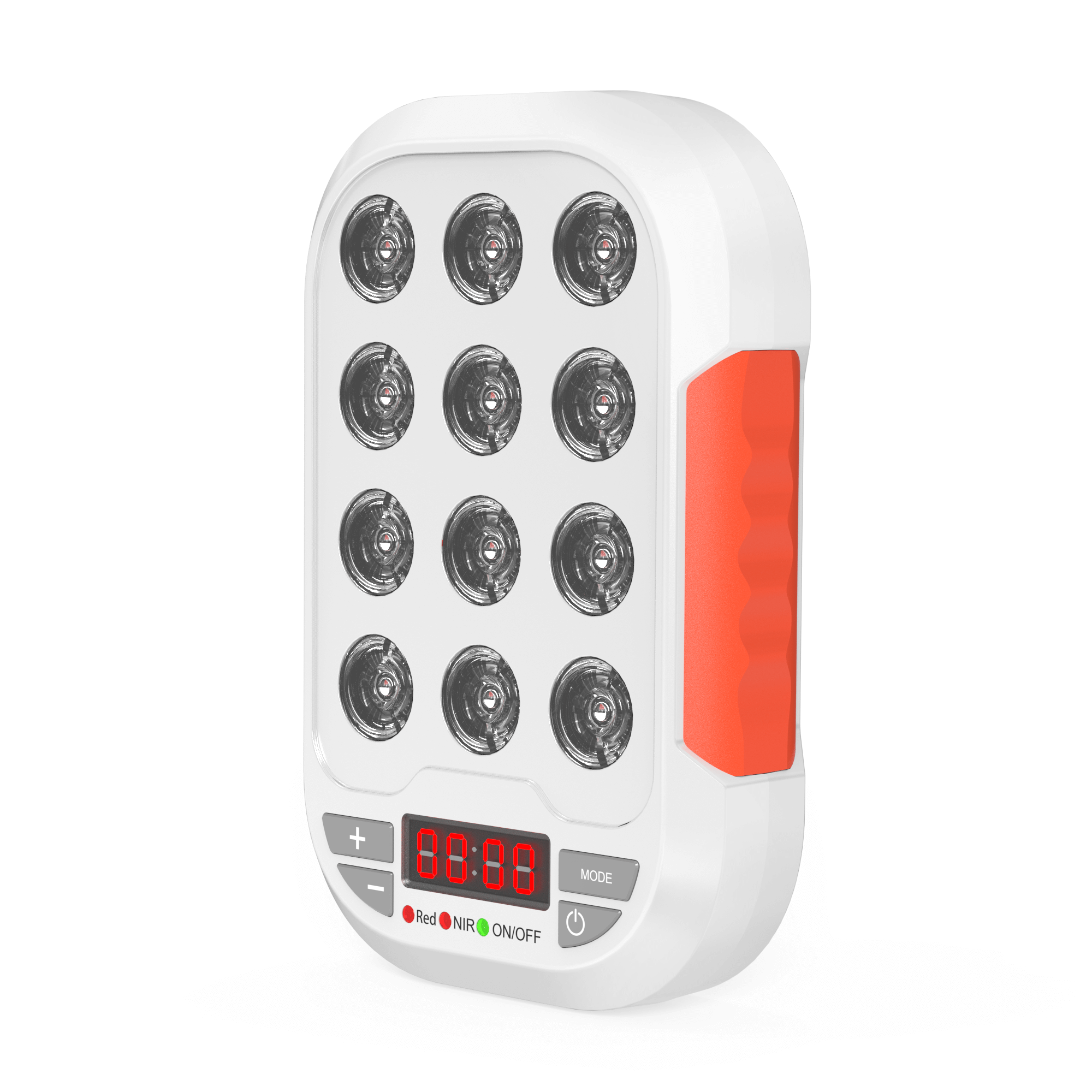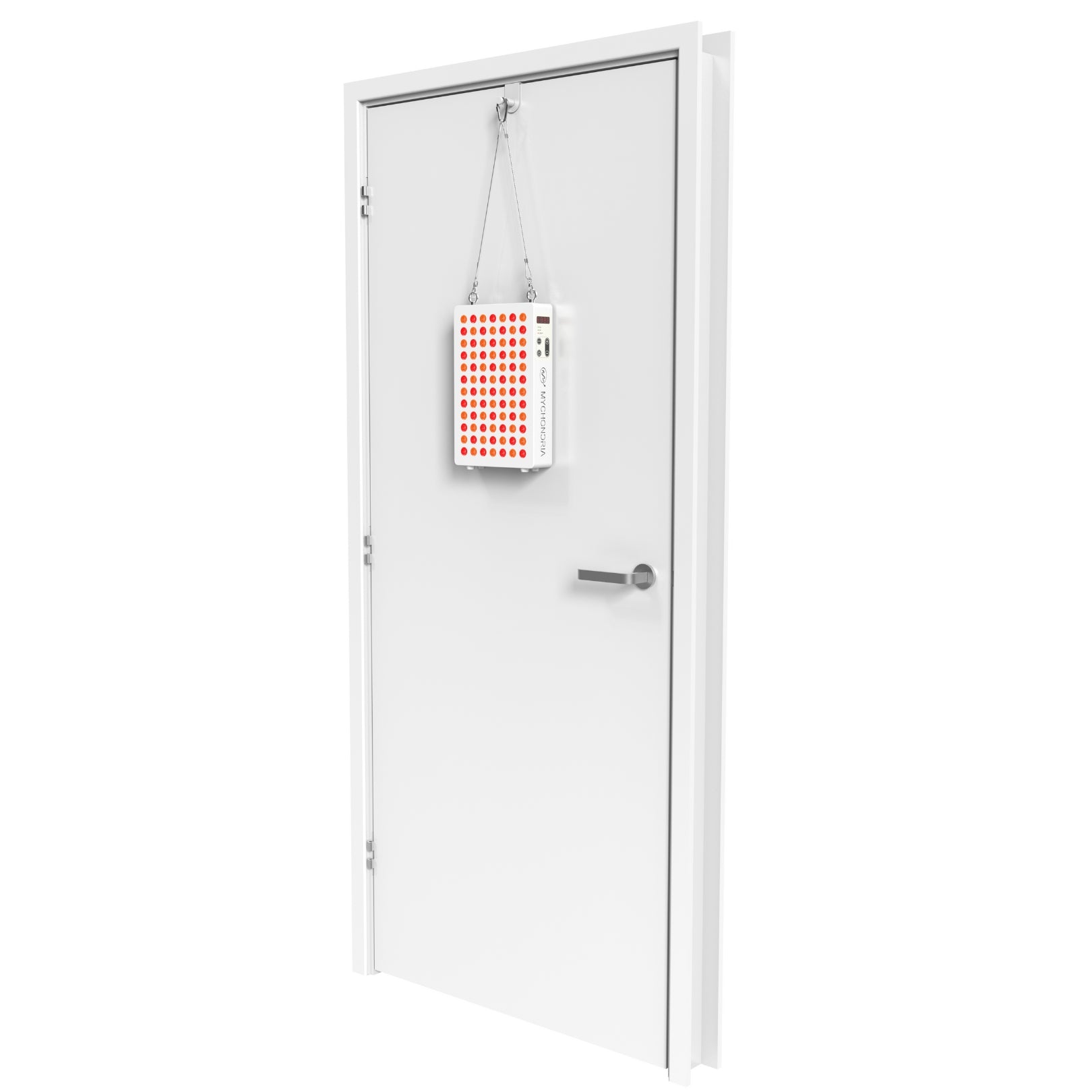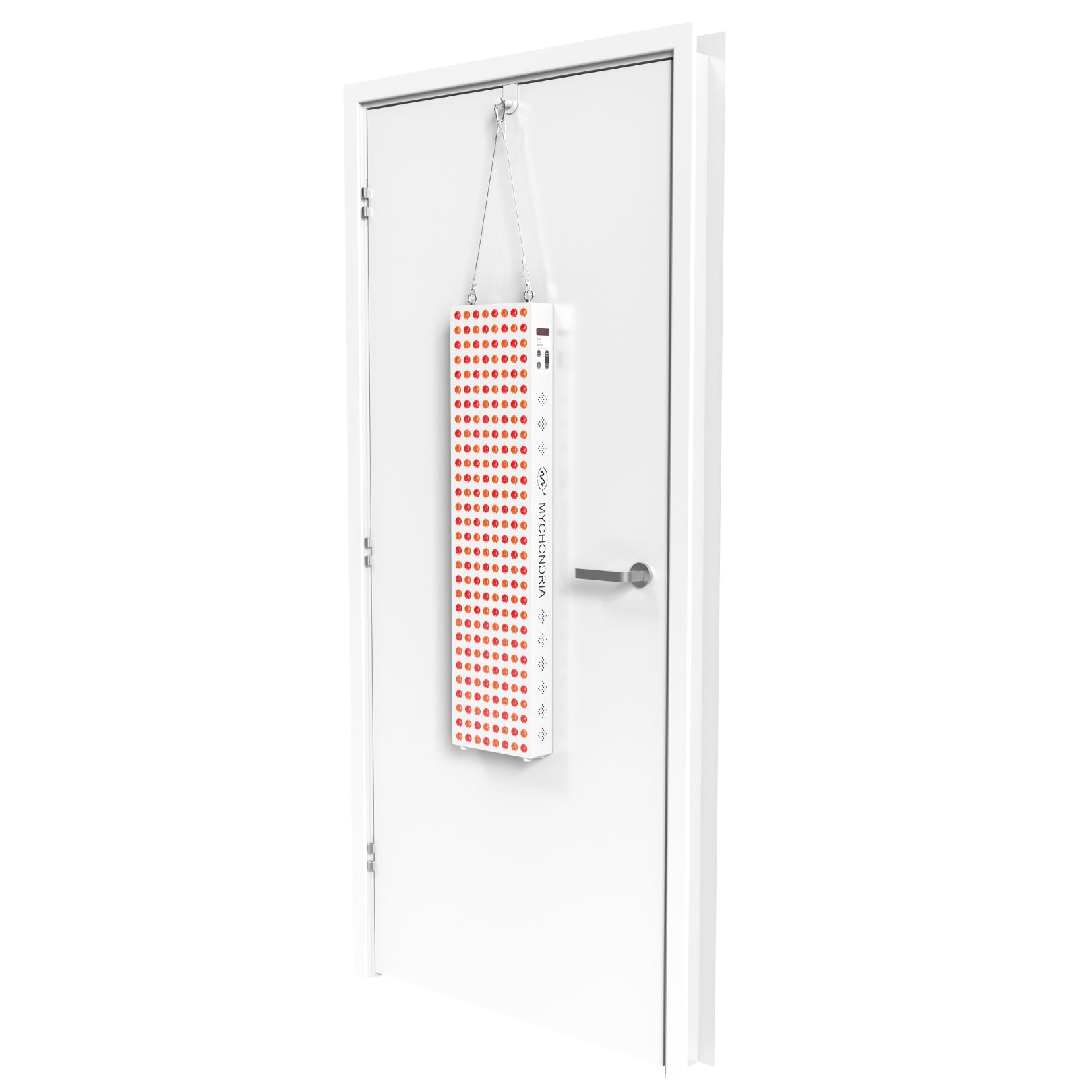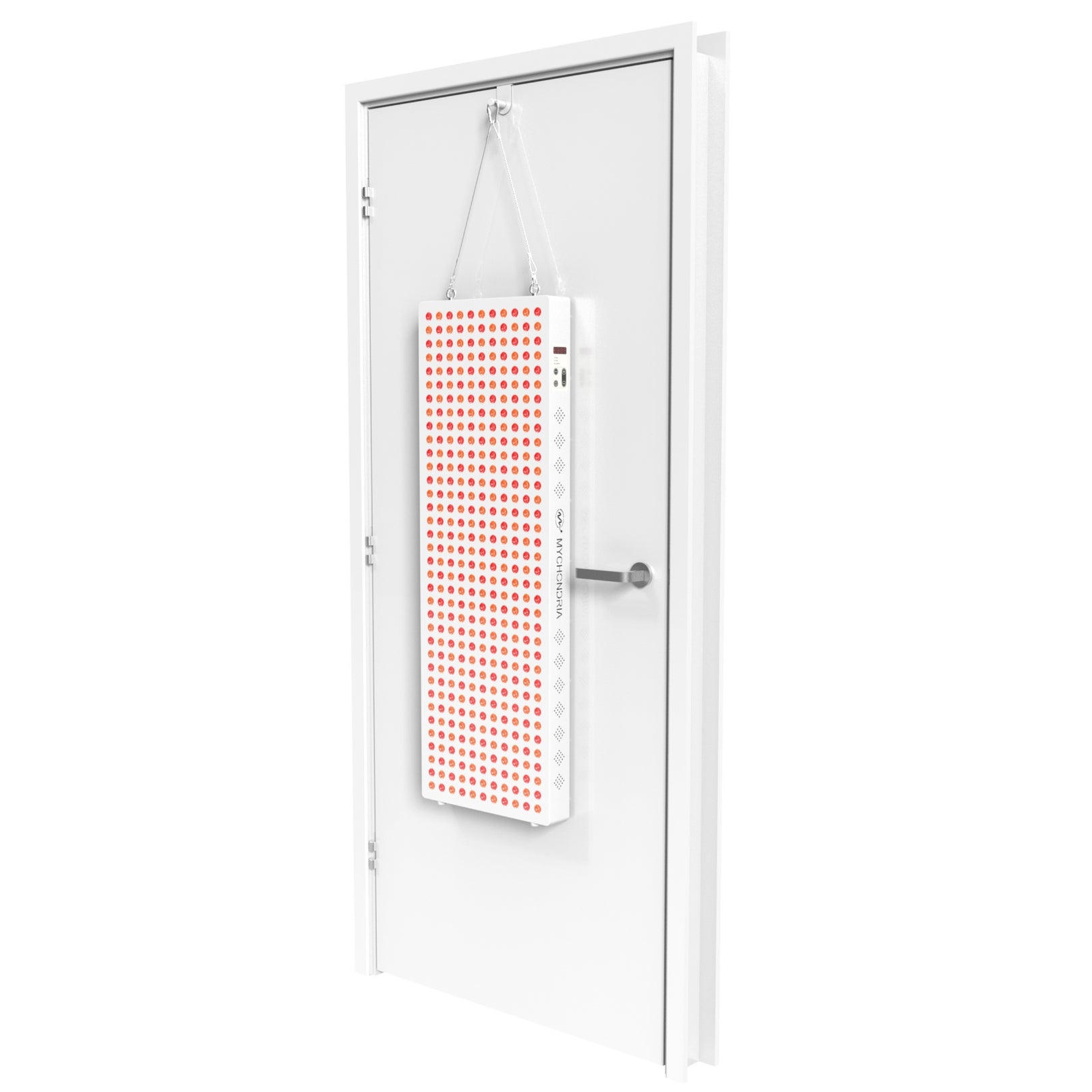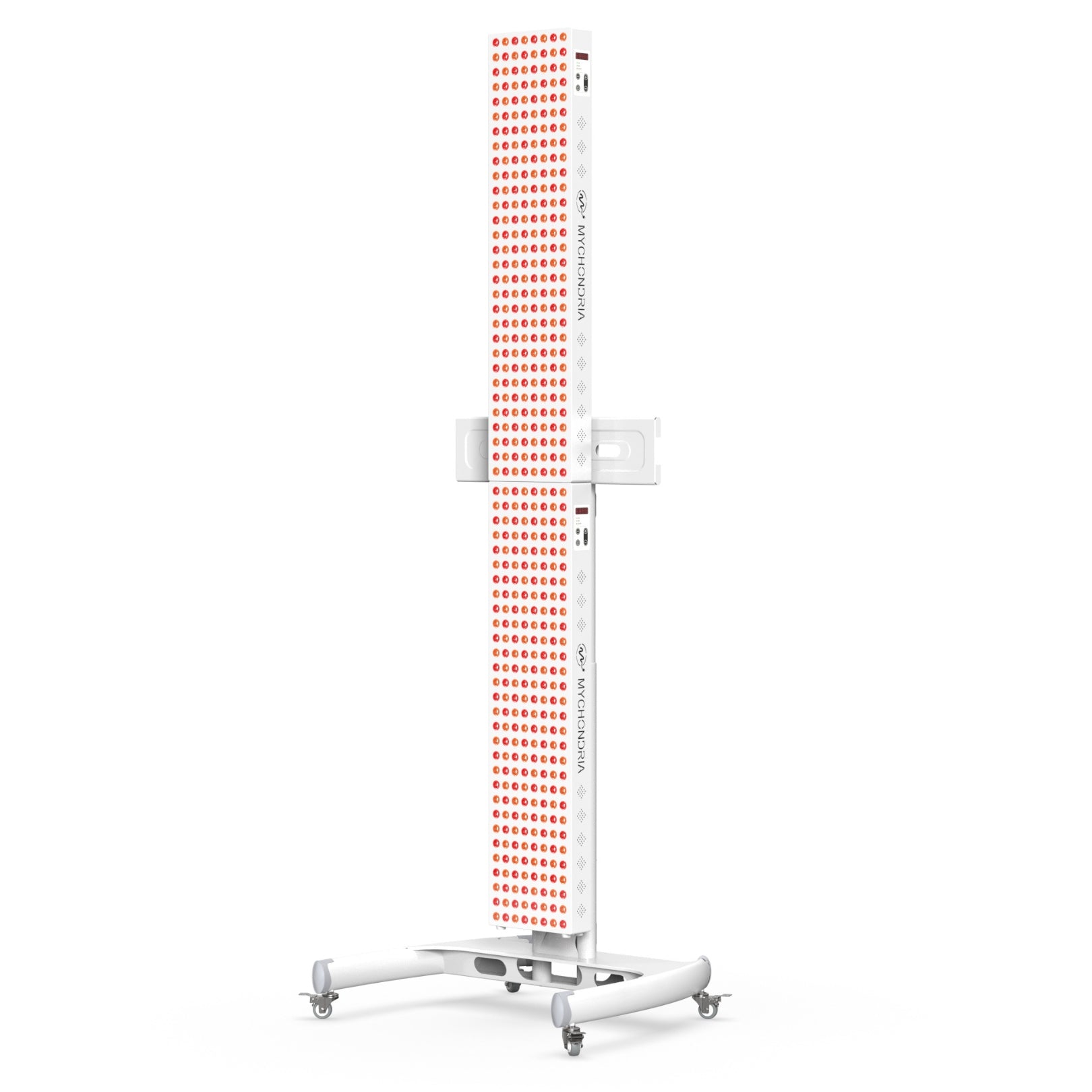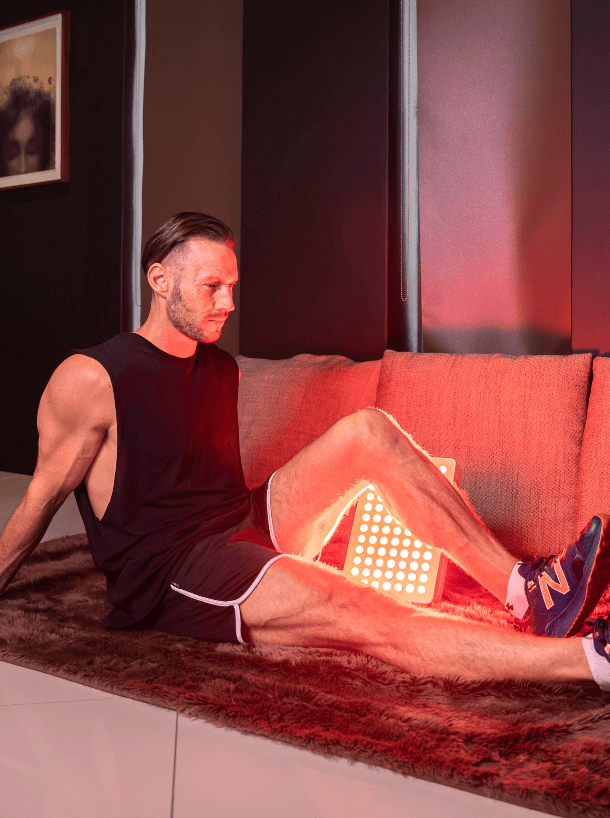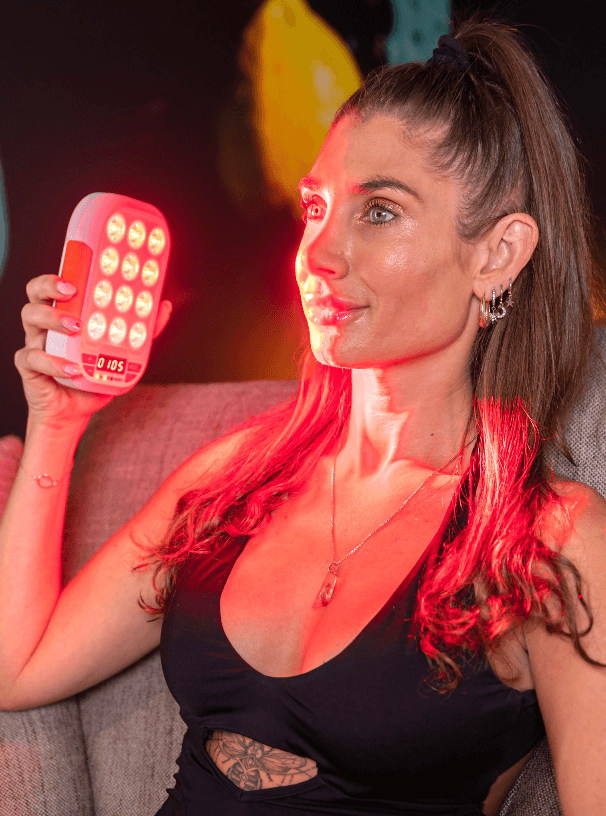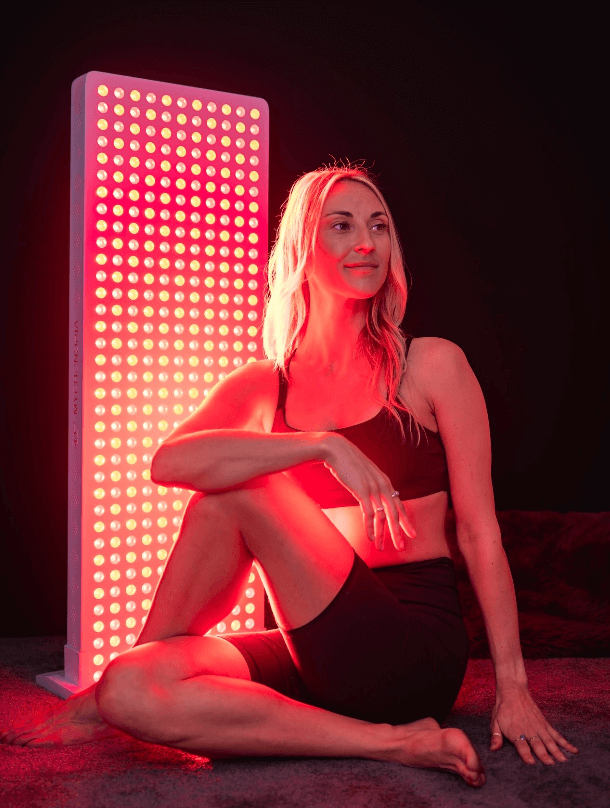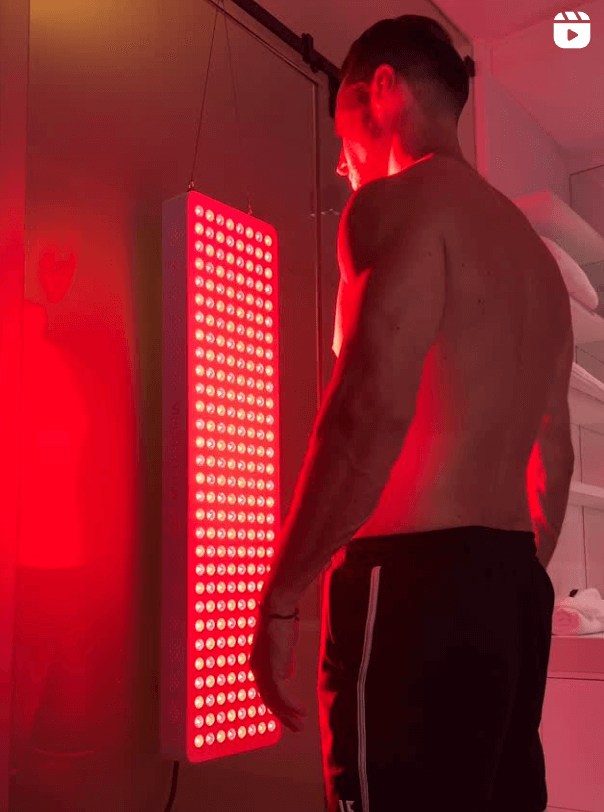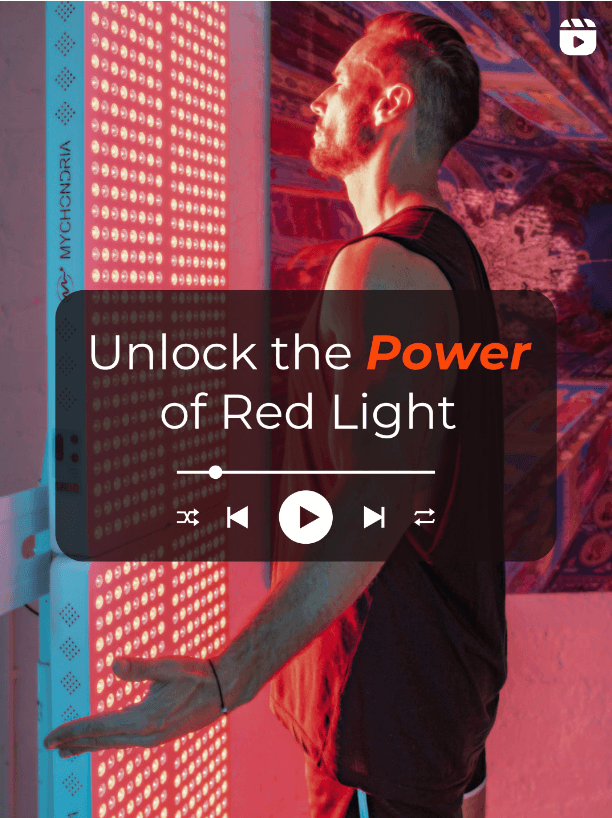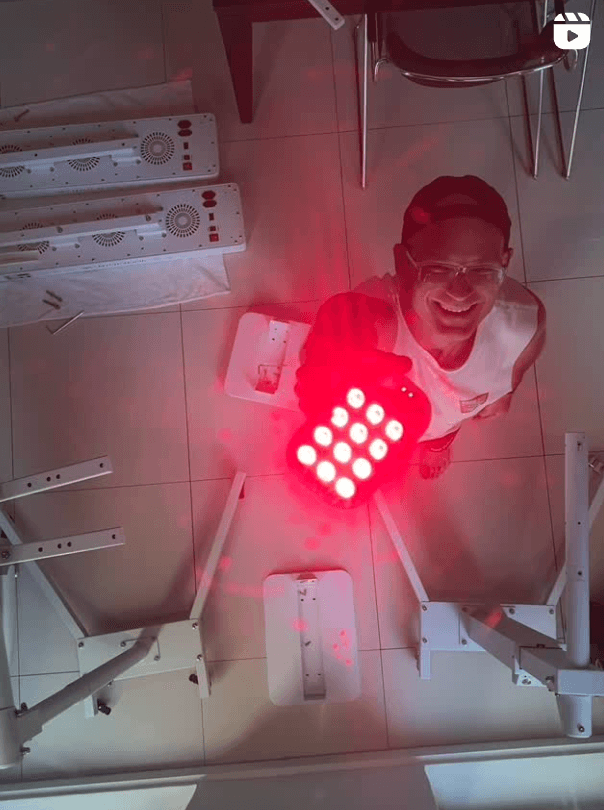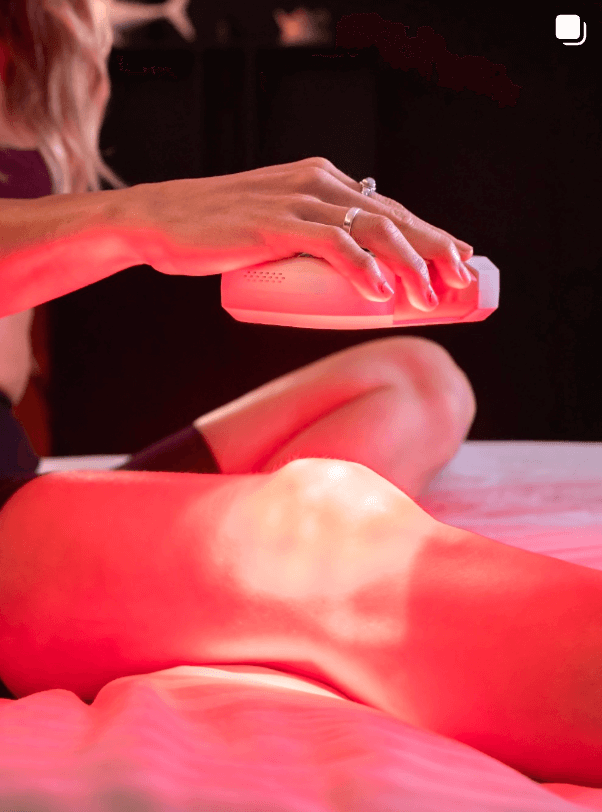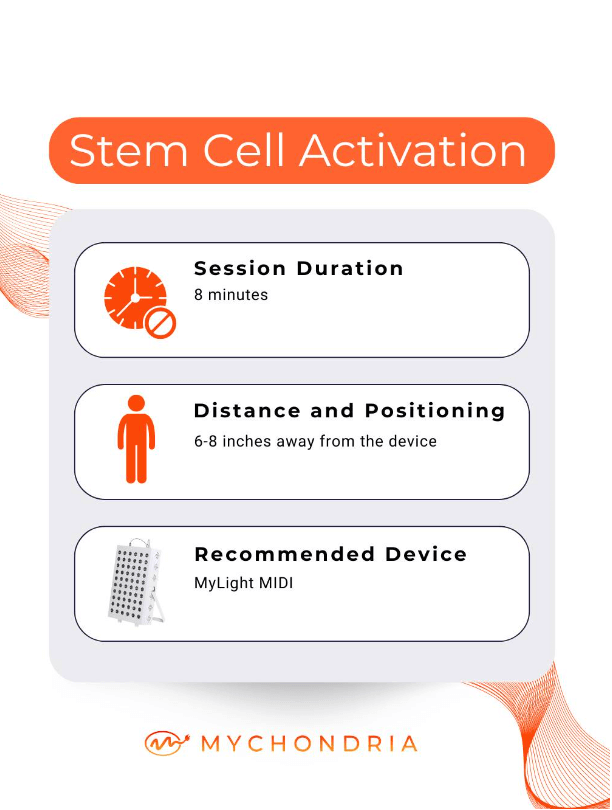
Changes in the season, combined with us spending most of our time indoors, has a massive impact on our mental and physical health. In today's post you'll learn some tips and tricks to make sure you maintain a healthy mind and body.
PHYSICAL IMPACTS:
While short term cold exposure can be healthy, it is important to note that in colder climates there is an increased stress on your cardiovascular system. This is because decreased temperatures result in constricted blood vessels, shallow breathing and a slight thickening of the blood. This can particularly cause chest pain in people suffering from heart disease or asthma.
Winter is also known for wreaking havoc on texture and condition of the skin due to colder and drier air. Increasing fluid intake is crucial to ensuring skin hydration during winter months.
Tighter muscles are also noted during colder months because we have to work longer and harder to relax stiffened, cold muscles, which means that injuries are more likely in winter than summer.
Weakened immune systems are also noted in winter months, resulting in an increased chance of developing cold and flu viruses.
MENTAL IMPACTS:
Seasonal affective disorder (or SAD) is a disorder that causes people to slip into periods of depression during winter and its thought to be linked to a lack of light and direct sunlight exposure. It is believed that SAD sufferers secrete the hormone melatonin for longer periods of time during winter nights than summer nights. This means that sufferers never feel fully rested with the wake up after a nights rest during winter resulting in a cycle of too much sleep and rest, with limited daylight exposure.
Unfortunately, SAD is not only reserved for winter months, as more and more people find themselves spending too much time indoors.

TIPS FOR COMBATTING THE NEGATIVE IMPACTS OF WINTER:
1. Create a consistent sleep schedule
Ensure that you are maintaining a consistent sleep schedule that provides quality, restful sleep that aligns with your circadian rhythm.
2. Exercise daily
Moving your body in some way during the day not only has proven positive effects on physical health but mental health too.
3. Limit blue light exposure at night
This will have a negative impact on the quality of your sleep. Create a night time routine that involves calming activities with limited screen exposure.
4. Red light therapy
Red light therapy has been proven to boost your immune system (VIEW THIS BLOG), encourage a restful sleep by increasing melatonin production (VIEW THIS BLOG) as well as decrease stress and anxiety (VIEW THIS BLOG)
We know that our days are extremely busy and jam-packed with a to-do list. Simple doing 5-10 minutes is all it takes to get results with red light therapy. Here are a few tips that can make your exposure time more efficient:
- Listen to a podcast
- Medicate and practice mindfulness
- Do a strength training workout
- Yoga or stretching
- Sit with a friend or family member for double-time treatment
For more information, check out our other blogs here.
Shop our devices here - it's one click away.
Written By: Caroline Bursey
